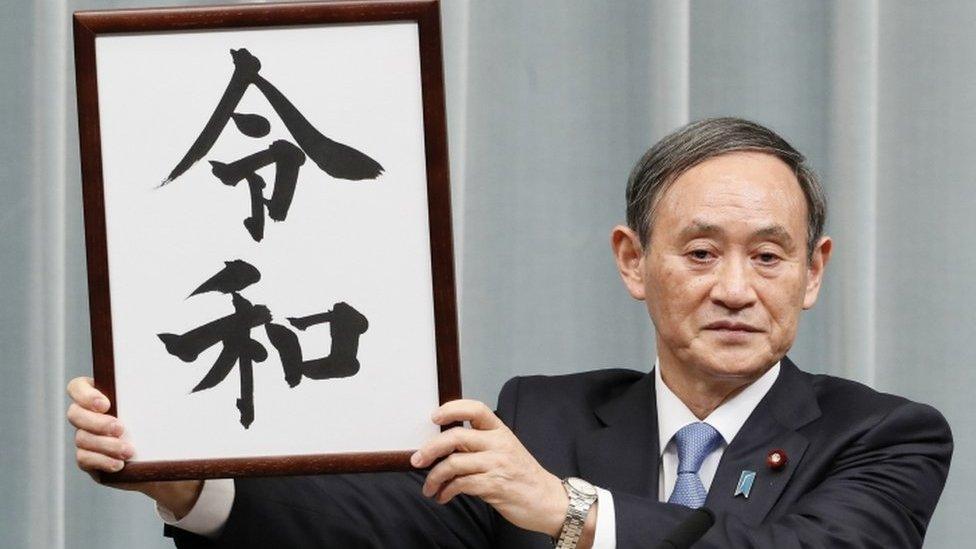Japan abdication and accession: Your questions answered
- Published
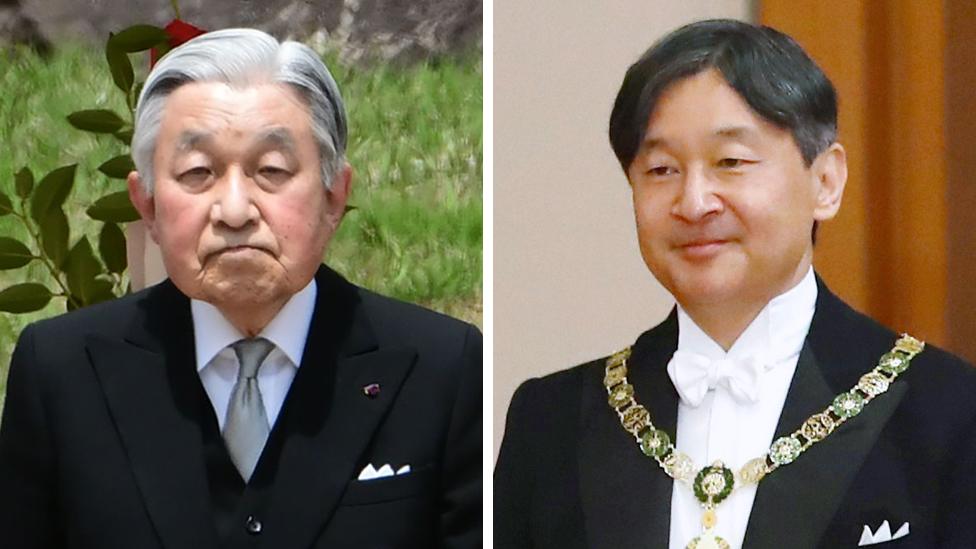
Emperor Akihito has become the first Japanese monarch to stand down in more than 200 years, handing over to his son, Naruhito.
The 85-year-old was given special legal permission to abdicate after saying he felt unable to fulfil his role because of declining health.
We asked BBC readers to send us their questions on this story - here's a selection.
Sunil asked: What powers does the Japanese emperor have?
The emperor is the head of state but has no political powers. The role is largely ceremonial, and involves duties such as greeting foreign dignitaries and attending cultural and public events.
The moment Japan's new emperor inherits the Imperial Treasures
Some constitutional duties, such as the opening of parliament, also fall to the emperor but are based on cabinet decision.
The monarchy is closely entwined with Shintoism, the traditional religion of Japan, which places huge emphasis on ritual. The emperor is expected to perform those regular religious ceremonies.
The emperor is constitutionally barred from making any political statement.
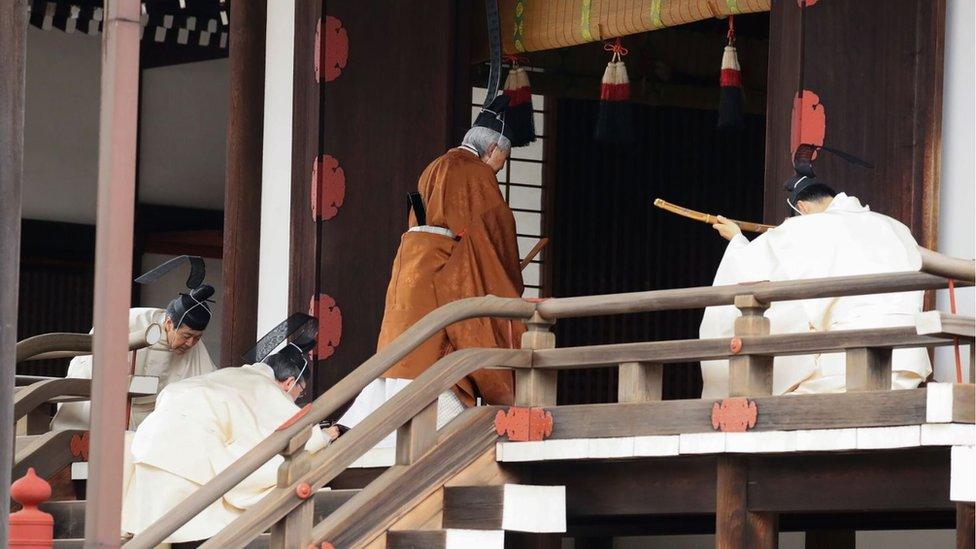
The emperor is expected to fulfil religious duties for the country
This was an important part of the abdication process. Akihito could not say explicitly that he wanted to stand down, as that would have been considered a comment on the law.
Any public comment he has made, including his abdication speech on Tuesday, would have had to be signed off by cabinet.
Amy asked: What will Akihito do now?
The father and son will now essentially swap houses.
Akihito - now called Emperor Emeritus - and his wife Michiko will move to a temporary residence in Tokyo but will eventually settle at Togu Palace, until now the home of the crown prince. Emperor Naruhito will move into the Imperial Palace.
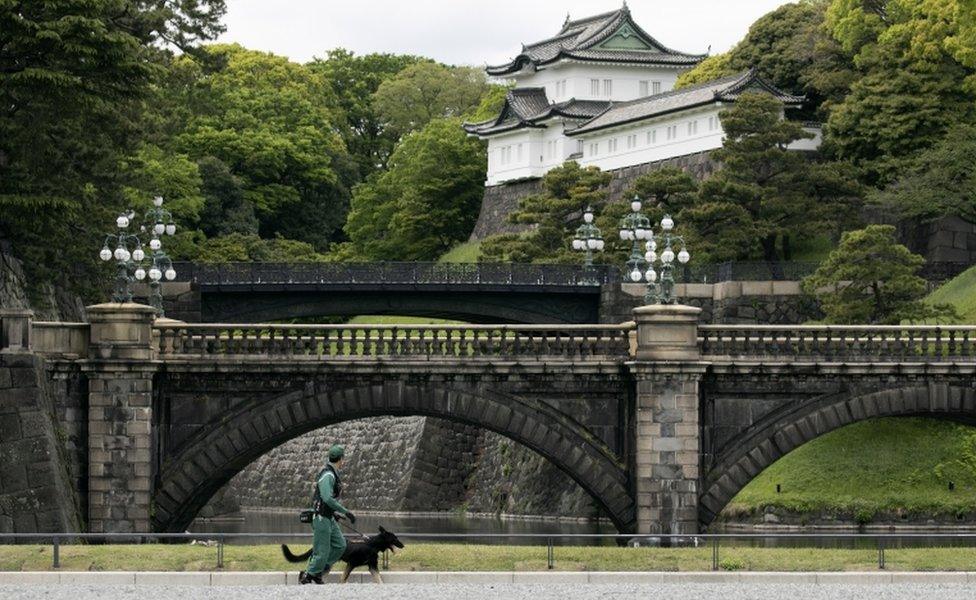
The emperor resides at the very private Imperial Palace in the middle of Tokyo
What will they do? Pretty much what most retired couples do. Japan's Kyodo news agency cites the Imperial Household as saying that they will spend time with friends, listen to music and read.
Akihito is also known to enjoy gardening and is a keen marine biologist - it's thought he will continue to visit the Imperial Palace to continue his research, according to the agency.
An anonymous reader asks: How does the Japanese calendar work, and what does the new Reiwa era mean?
Each Japanese emperor's reign is given a name that is then used alongside the Western calendar to mark the years.
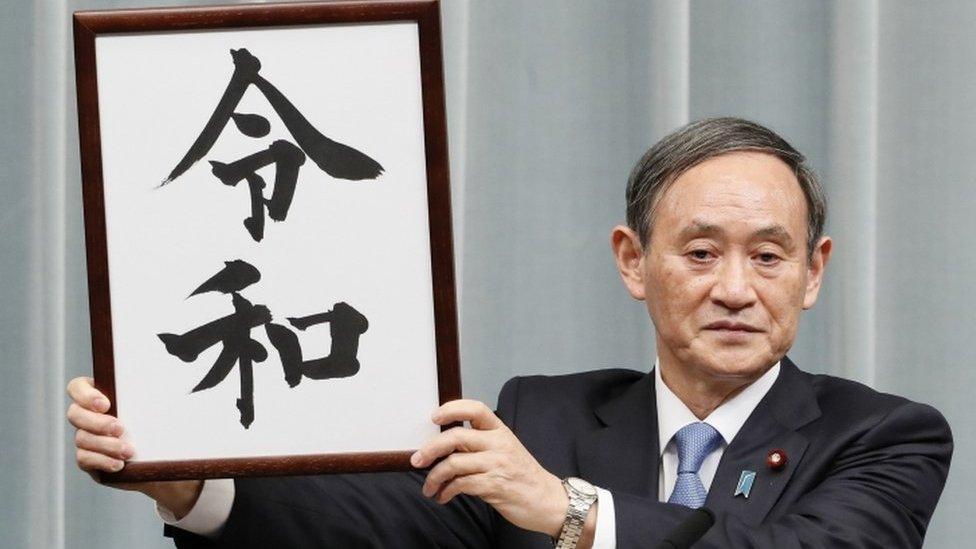
Japan's Chief Cabinet Secretary Yoshihide Suga unveiled the new era name "Reiwa"
The calendar works by putting the era name together with whichever year it is since the corresponding emperor came to the throne.
As the previous emperor's era was Heisei and he assumed the throne 31 years ago, Tuesday was the last day of the year Heisei 31.
This Wednesday is the first day of Emperor Naruhito's era - called Reiwa. Hence, Wednesday is the first day of Reiwa 1.
According to the Japanese government, the official translation of Reiwa is beautiful harmony.
The term is made up of the two characters Rei and Wa. Rei can mean "commands" or "order", as well as "auspicious" or "good". Wa often means "harmony", and is also used in the Japanese word for "peace" - "hei-wa".
In terms of months, however, Japan sticks with the Gregorian calendar and the transition to Reiwa 2 will be on 1 January - not on 1 May next year.
Daniel asks: What kind of emperor is Naruhito likely to be?
There has been a lot of interest and speculation in Japan about what the new emperor will be like.
His first speech as emperor on Wednesday echoed much of what his father said the previous day - expressing their sense of duty to the Japanese public.
That suggests Naruhito will try to continue in a similar vein.
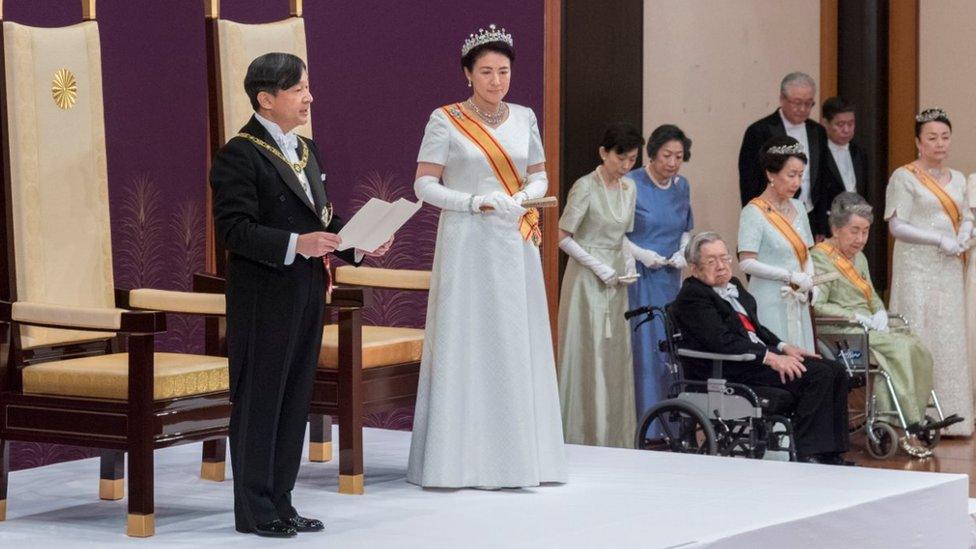
Emperor Naruhito said he hoped for happiness and world peace
He also expressed his hope for happiness and world peace.
Wishing peace not just to Japan but the world is seen by some observers as indication he supports the pacifist stance Japan has taken ever since being defeated in World War Two.
The current administration under Prime Minister Shinzo Abe is trying to revise the constitution to allow for a more active role of Japan's military which currently is known as the "self-defence forces".
Davinder asks: What will happen if Japan runs out of male heirs?
Under the Imperial Household Law of 1947 only men can ascend to the throne.
Emperor Naruhito only has a daughter, Princess Aiko, and for a long time his brother Fumihito also only had two daughters.
Princess Aiko, the only child of Japan's Crown Prince Naruhito, will not ascend the throne because she is female
With no male heir in sight, the government in 2004 began working on changing the law to allow for an empress.
But in 2006, Fumihito had another child and this time it was a boy so the changes were put on hold.


So Prince Fumihito is currently next in line to succeed his brother, followed by Prince Hisahito. Third in line is Masahito, the outgoing emperor's 83-year-old brother who took part in this week's ceremonies in a wheelchair.
Should Hisahito not grow up to have son that would spark another succession crisis. The government could pick up those plans from 2004 and change the law.
Leigh asks: Is there a republican movement in Japan?
Until World War Two, the emperor was seen as a divine leader. That divinity was renounced by Emperor Hirohito following Japan's defeat and while the emperor was not prosecuted for war crimes he had been part of Japan's leadership during the war.
So in the decades after the war, when he continued as emperor, the question of whether to abolish the imperial family was not uncommon, the BBC's Yuko Kato in Tokyo says.
While there's been a lot more support for Emperor Akihito, she says, and while many enjoy the pomp and circumstances of a monarchy, there are still many who remain ambivalent about whether a modern Japan still needs the Imperial Family.
There are also small but vocal activist groups calling for an end the monarchy, who rally on key events.
- Published1 May 2019
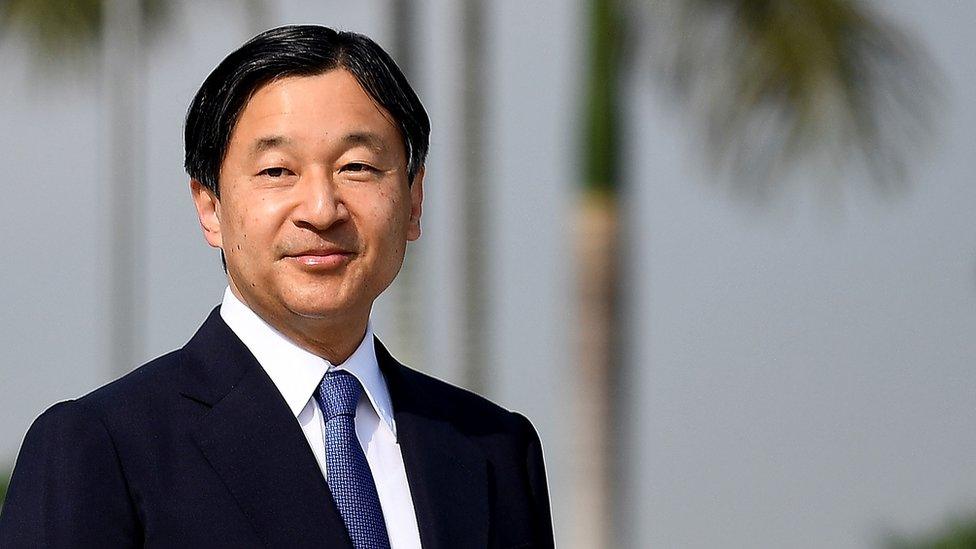
- Published27 April 2019
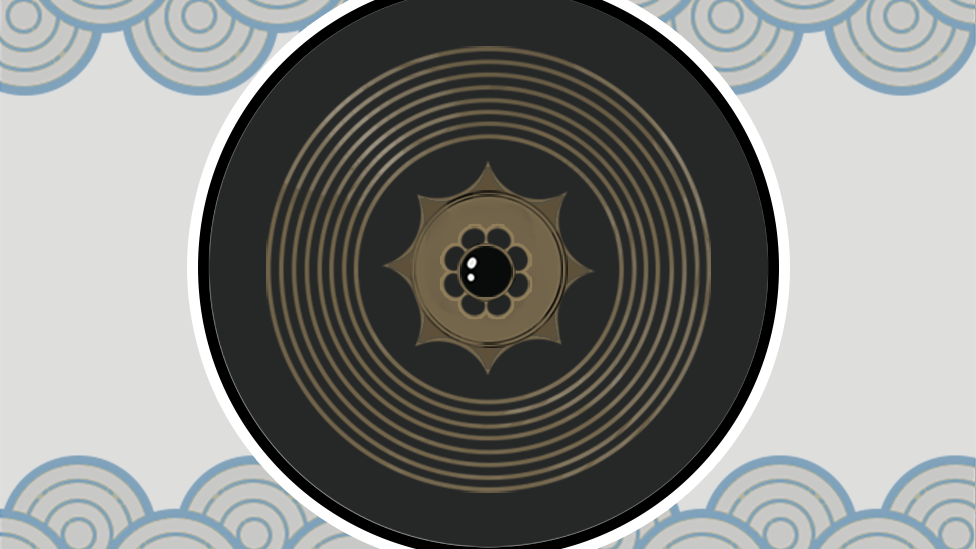
- Published26 April 2019
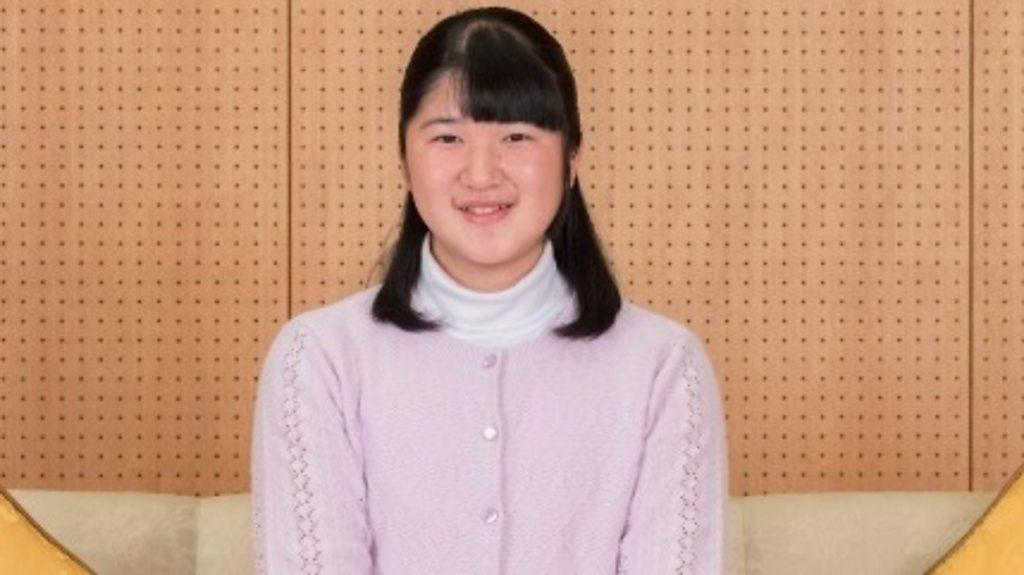
- Published1 May 2019
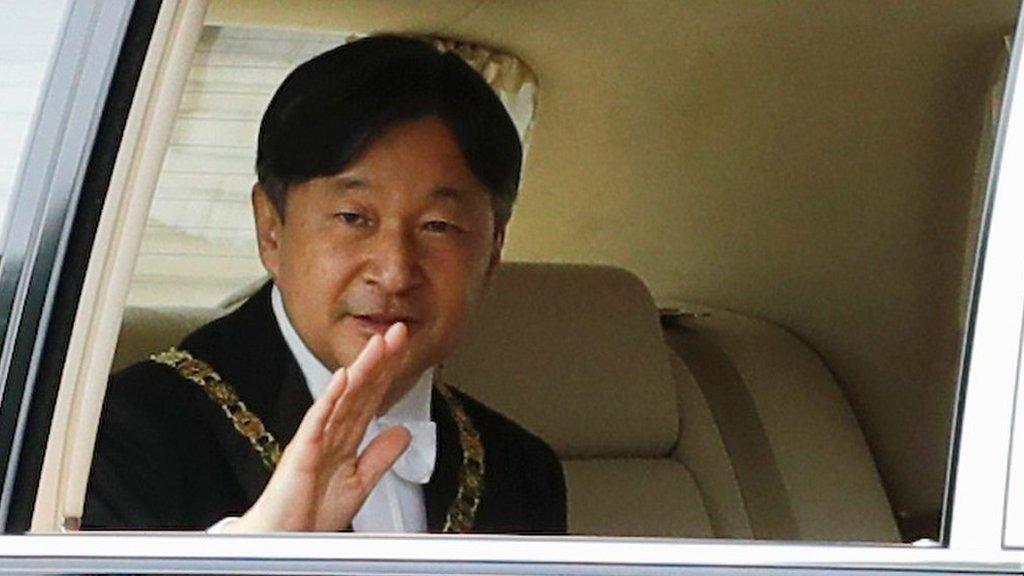
- Published30 April 2019
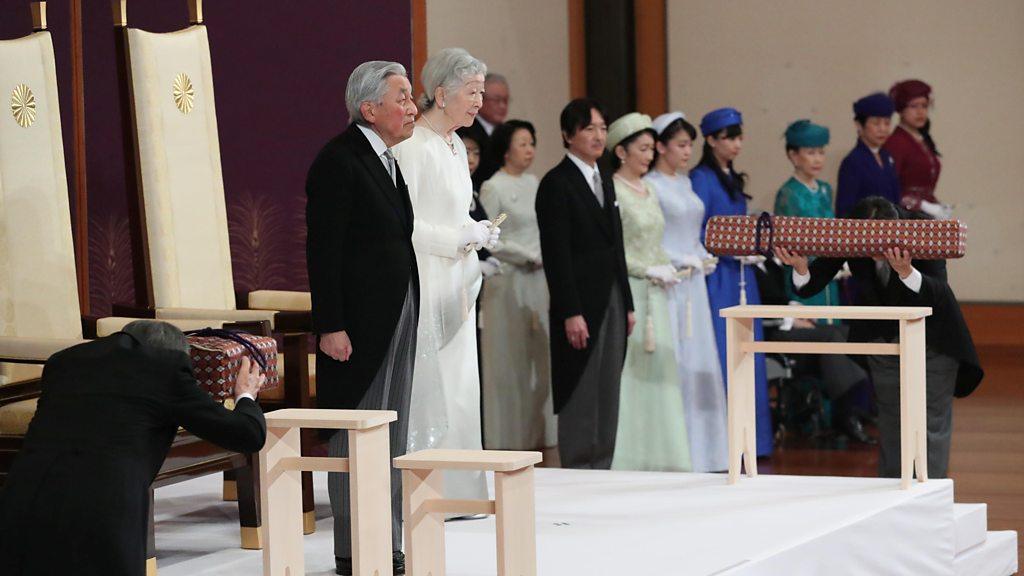
- Published19 May 2017
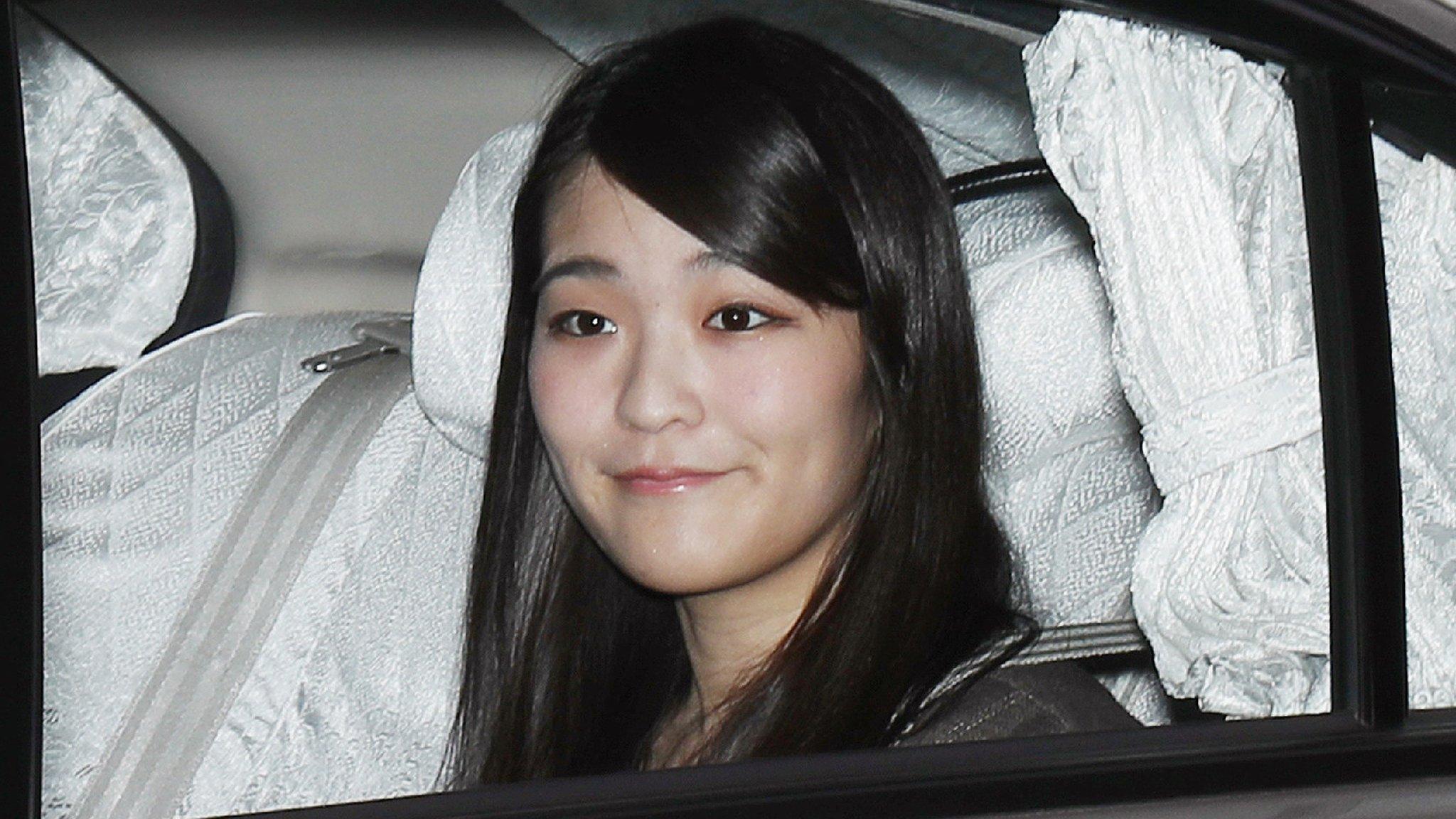
- Published1 April 2019
